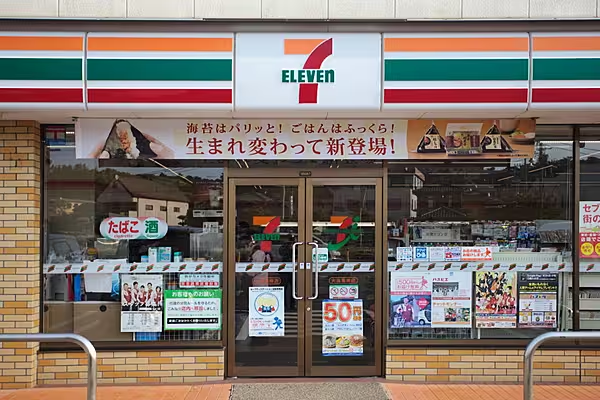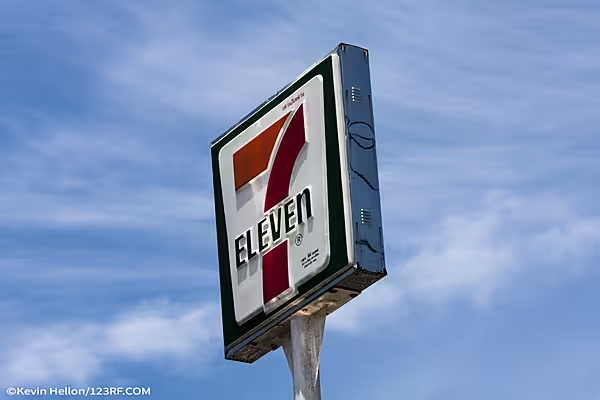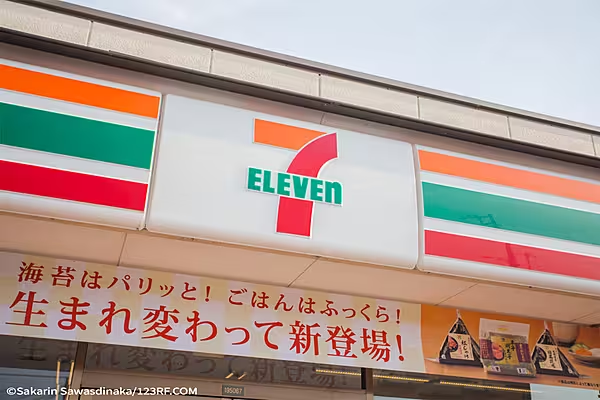Wal-Mart Stores Inc. has sold yen bonds for the first time in seven years, taking advantage of falling fundraising costs and Japanese demand for securities issued by well-known U.S. firms.
The U.S. retailer offered 170 billion yen ($1.5 billion) of five-year, seven-year and 10-year notes, in its first yen issuance since selling 100 billion yen of debt in July 2010. Five-year cross-currency basis swaps show that overseas borrowers in yen wishing to swap back funds into dollars had to pay a premium of 61 basis points on Friday, compared with as much as 90 basis points in January.
U.S. companies including Starbucks Corp., Aflac Inc., and International Business Machines Corp. have sold yen notes since late last year as the Bank of Japan’s easy monetary policy holds down procurement costs in the Japanese currency. Wal-Mart and other U.S. firms likely opted not to sell the debt as Samurai bonds to cut down on expenses, such as submitting documents in Japanese to authorities in Tokyo, according to Nomura Holdings Inc.
Japan Portfolio
Wal-Mart operates 340 retail units in Japan, most of them under the Seiyu name, a supermarket chain that Wal-Mart fully acquired in 2008. The sector is under pressure to control expenses as a shrinking population, smaller families and more single-person households challenge Japanese grocers to increase same-store sales, according to a report by Bloomberg Intelligence analyst Thomas Jastrzab. Supermarket sales fell 1.8 percent in May, industry data show, marking the fifth decline in the past six months.
“The cost to convert yen funds into dollars used to be very high, but that’s come down,” said Naoko Kakugawa, a credit analyst at Nomura in Tokyo. “For yen bonds that aren’t Samurai bonds, there’s no requirement to submit securities reports in Japanese, so it helps cut down on costs.”
Fund Usage
Wal-Mart, the world’s largest retailer, has issued non-U.S. dollar-denominated bonds in the past to hedge net investments abroad. The company had 10 billion yen of outstanding long-term debt as of April 30, as well as 2.5 billion pounds for its U.K. operations, according to a filing. It has a total of $33.8 billion in outstanding long-term debt.
Wal-Mart will use the funds for general corporate purposes, spokesman Kevin Gardner said by email.
“We are a global business and we remain opportunistic across markets as we evaluate our funding needs,” he said.
Ten-year bonds that the U.S. firm sold Friday offered a coupon of 0.52 percent. That compared with a coupon of 1.6 percent on similar-maturity notes the retailer issued in 2010.
News by Bloomberg, edited by ESM. Click subscribe to sign up to ESM: The European Supermarket Magazine.














